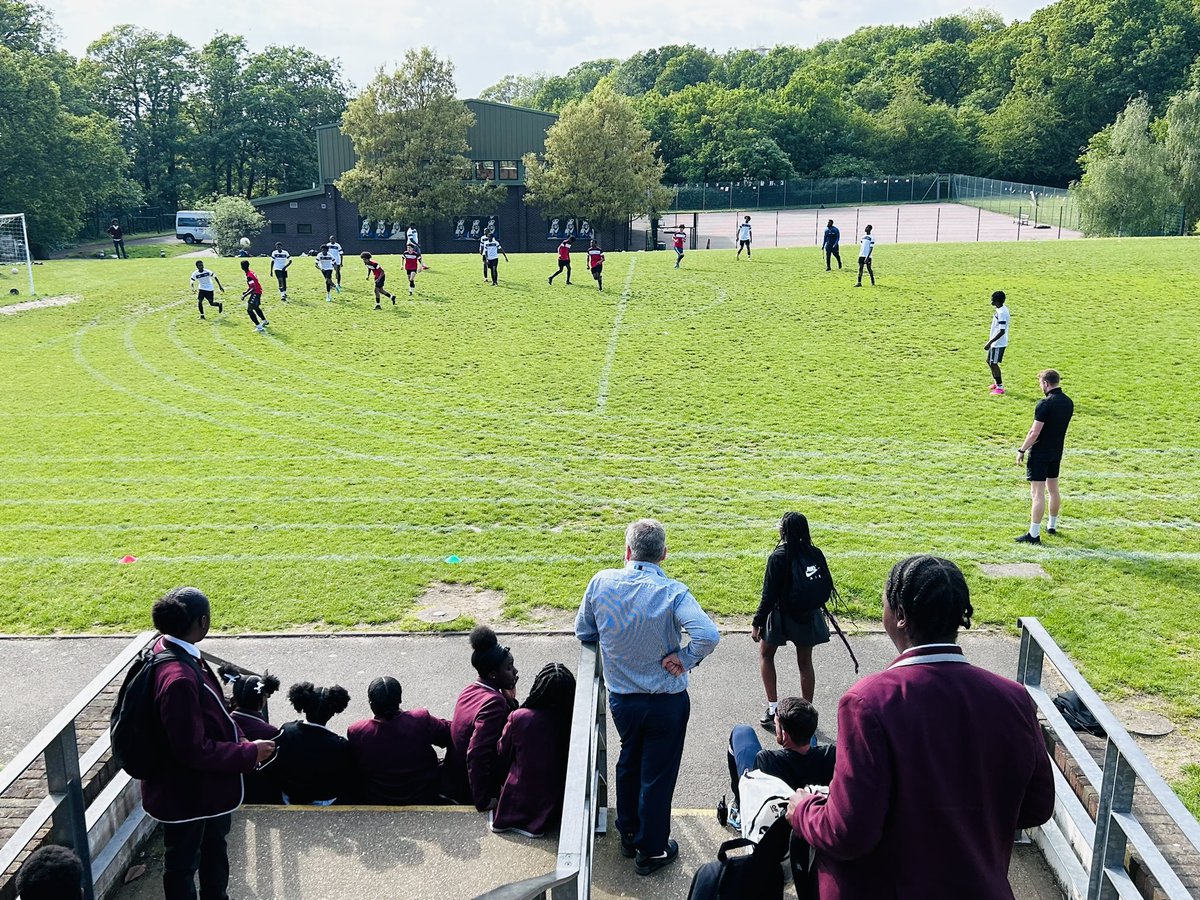Numeracy
At Harris Academy Beulah Hill, we firmly believe that all students should be numerate, with a view to cementing the real-life skills and confidence with numbers that allow them to thrive. With this conviction, we have implemented the following strategies to engage and promote the need for and benefit of numeracy.
Whole School Approach
· High focus on Numeracy in KS3 lessons to enrich teaching and learning of regular content and ensure confidence for KS4 and KS5.
· Links to Mastery focus of the Mathematics department to build depth of understanding and future problem solvers.
· Lead Practitioner of Mathematics delivering professional development sessions to Mathematics staff.
· Collaboration with other departments to ensure consistency of agreed teaching methods and language, such as close links with science.
Home Learning
· Use of Sparx online homework platform to help boost engagement with numeracy as well as homework.
· Students have access to a range of videos and accompanying quizzes to enhance their learning in addition to set tasks.
Enrichment
· KS3 catch up club after school – run by Mathematics department – to help students with homework, misconceptions and numeracy
· KS4 intervention – Wednesdays fortnightly after school – to bridge gaps in knowledge and address general misconceptions
Our Numeracy Policy can be found here.

What is Numeracy?
Numeracy is a proficiency, which is developed mainly in mathematics but also in other subjects. It is more than an ability to do basic arithmetic. It involves developing confidence and competence with numbers and measures. It requires understanding of the number system, a repertoire of mathematical techniques, and an ability to solve quantitative or spatial problems in a range of contexts. Numeracy also demands understanding of the ways in which data are gathered by:
- counting and measuring
- presented in graphs
- diagrams
- charts and tables.
We believe the development of numeracy skills is a basic entitlement for all pupils. Poor numeracy skills can hold back students’ progress, not just in Mathematics lessons, and can lower self-esteem. Improving these skills is a whole-academy matter.
Why is Numeracy important?
Everyone needs to be numerate to maximise their life chances and to make a positive contribution to society.
We want every student to reach a level of numeracy that allows them to follow the career or further education path of their choice when they leave us. We want them to reach a level of numeracy that enables them to realise their full potential and carry out day-to-day numerical tasks with ease.
Students at the academy experience numeracy in a range of subjects, not just Maths. From weighing ingredients in food technology to calculating average times in PE, all subjects aim to give students a grounding in numeracy.
Mathematics teaches us how to make sense of the world around us through developing a child’s ability to calculate, reason and solve problems. It enables children to understand and appreciate relationships and patterns in both number and space in their everyday lives.
Our Numeracy policy has been developed to inform both teachers and parents about strategies used for teaching key topics within the Mathematics Department.
Other departments and schools within the Academy use this policy to understand how topics are taught in Mathematics, meaning that the teaching of topics is more uniform and thus makes students learning easier.
It is hoped that the use of the information provided in the links below will help you understand the way several key topics are taught to your children, making it easier for you to support them with their homework and, as a result, improve their progress.




















